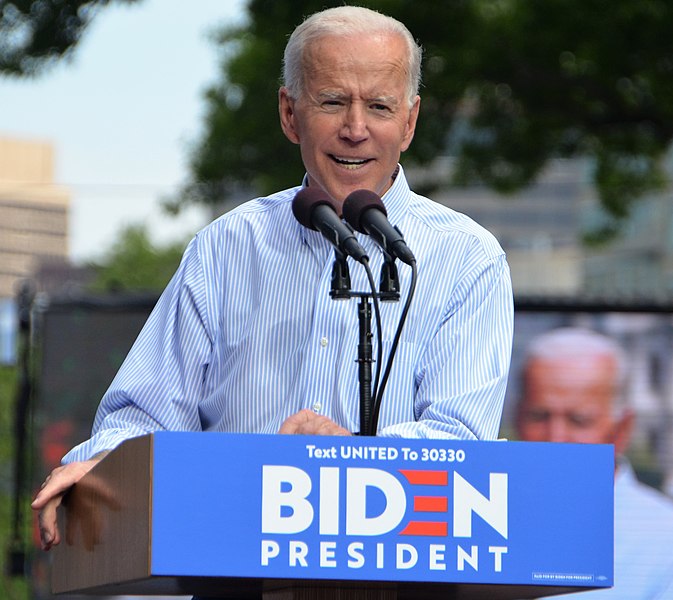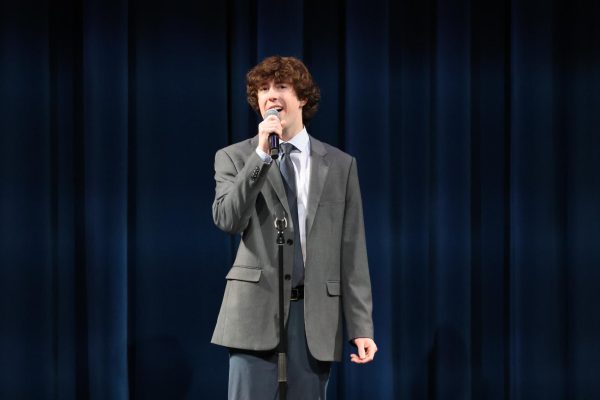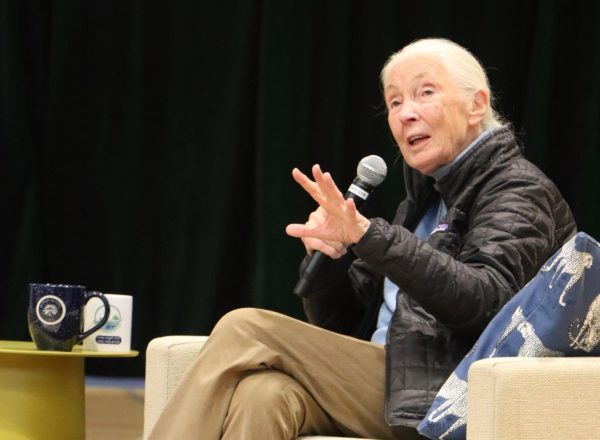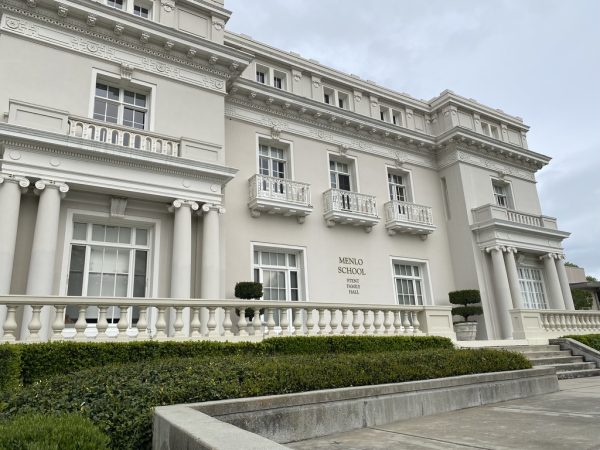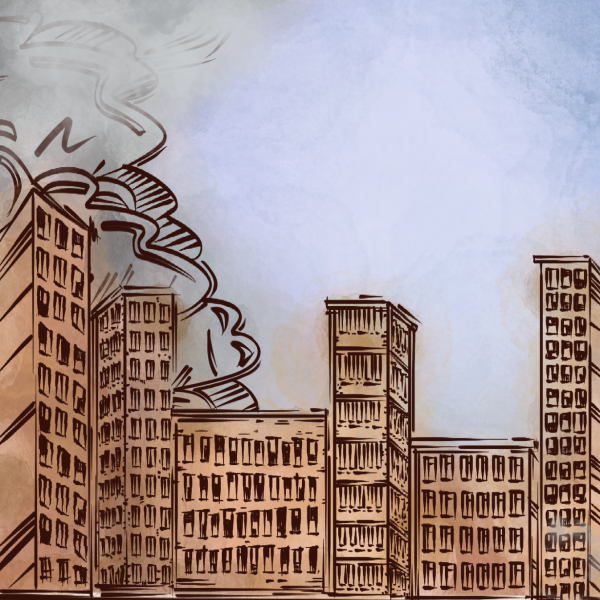The 2020 Presidential Election is Facing Unprecedented Challenges: What Does This Mean for November?
Michael Stokes on Wikimedia Commons
The presumptive Democratic nominee Joe Biden speaks at his kickoff rally in May 2019. Creative Commons Image: Michael Stokes on Wikimedia Commons.
May 23, 2020
The 2020 presidential election has been a polarizing and pertinent topic since as early as President Trump’s election in 2016. Interest in the subject ramped up even further in February and March of 2019 when then-frontrunner Democratic candidates Bernie Sanders and Joe Biden announced their candidacies.
But as America, along with most of the world, focuses nearly all its resources on combating COVID-19, political candidates have largely put their campaigns on the back burner. Instead of candidates traveling across the country, raising funds and rallying supporters in mass gatherings, the campaign trail has gone virtual for these past few months. It likely will remain this way, as large gatherings probably will not resume until at least 2021, according to health experts including Director of the Center for Health Policy and Outcomes Peter Bach.
The White House announced that President Trump’s team is rolling out the “Trump 2020” app, a mobile application that allows Trump supporters to sign up to volunteer for his campaign, register for his virtual and future in-person events and receive information about his candidacy. The app has received decidedly mixed reviews. Some reviews range from praising it as “the future of campaigning,” while others cite it as a “bogus scam” on the Apple App Store.
Trump himself is resisting an online campaign. “I hope we’re going to have rallies. I think they’re going to be bigger than ever,” he stated during an April 17 coronavirus press briefing.
The presumptive Democratic candidate, Joe Biden, has similarly been forced to move to the internet to gain support. His last in-person rally took place on March 4, at the Bel Air home of Hollywood executive Sherry Lansing. He is currently campaigning through virtual rallies, but the setting lacks the ability for crowd interaction like clapping and cheering, so it is impossible to create the same excitement as normal rallies do, according to US News.
Guests for Biden’s virtual gatherings have included well-known political figures such as Hillary Clinton and Kamala Harris, with plans to conference with other leaders such as former presidential candidates Pete Buttigieg and Andrew Yang.
Biden has been adamant in encouraging voters to participate in the election during this trying time. “We can’t sit by as Donald Trump and Republicans use COVID-19 as an excuse to disenfranchise voters. We need to ensure people have the opportunity to vote by mail, early vote, vote absentee and, in every way possible, safely vote in person this November,” Biden wrote on his Twitter, retweeting the New York Times article “Will Americans Lose Their Right to Vote in the Pandemic?” He also warned of his concerns in a virtual rally on April 23. “[Trump will] try to kick back the election somehow, come up with some rationale why it can’t be held,” Biden said.
Along with how much candidates will be forced to continue to adapt away from traditional campaigning strategies, the COVID-19 crisis has raised serious questions about how states will handle voting and how the general election in November will be affected. Trump has expressed his opposition to mail-in voting amidst the pandemic. In a tweet on May 20 (later deleted), he claimed that the state of Michigan had illegally sent out absentee ballot applications to 7.7 million people and threatened to hold up federal funding if Michigan “want[ed] to go down this Voter Fraud path.”
Michigan Secretary of State Jocelyn Benson responded, opposing the President’s tweet. “Every Michigan registered voter has a right to vote by mail. I have the authority & responsibility to make sure that they know how to exercise this right,” she retweeted. She also mentioned four other states that will participate in absentee voting during the primaries. 16 states have postponed primaries, and California has even asked voters to mail in ballots in the fall for the general election.
According to the political strategists at Forbes, a global crisis is a defining moment for a candidate. The COVID-19 pandemic is completely unprecedented, and the impact on political campaigns is yet to be determined. As a result, Trump and Biden are taking steps to adapt to increased reliance on social media and online events. But campaigning from a distance poses a new set of challenges, and how they respond to the pandemic will put their leadership to a test.
While some Americans criticize Trump’s management during this challenging time, many Americans still stand behind him, with approximately one in six Americans relying upon him as their source of news about the pandemic, according to the Pew Research Center. With breaking news on the crisis almost daily, and the candidates continuing to evolve in their thinking about how to respond to the crisis and campaign in its midst, the final chapter in these events remains to be written.
In the meantime, whatever the impact and whatever the outcome, both candidates will have to step up their online presence to promote their campaigns as they march on to the general election for the presidency in November.


